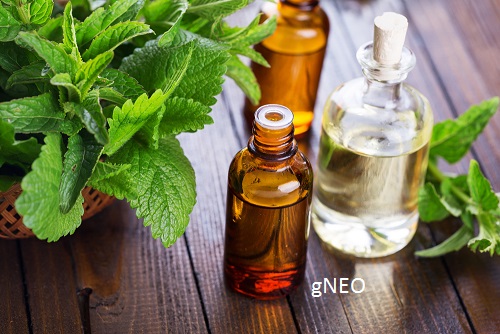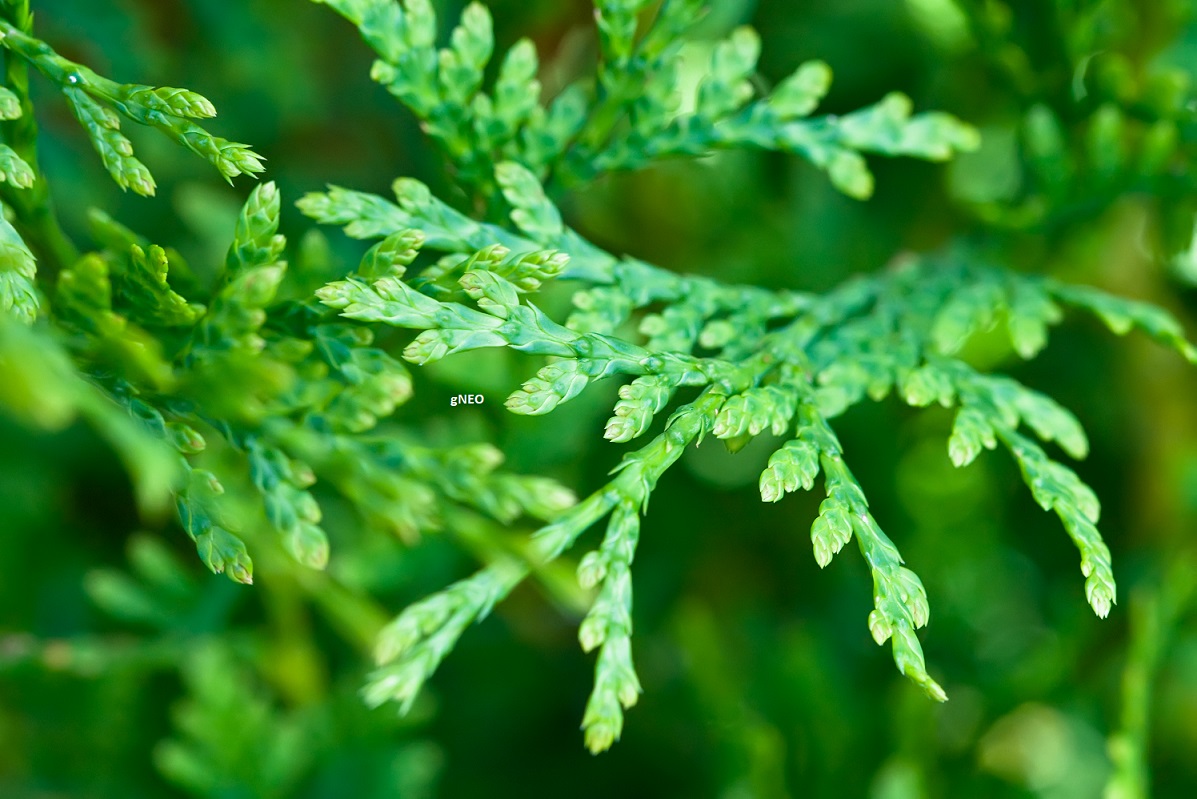Description: Atlas Cedarwood Oil is derived from several specific genus of coniferous evergreen trees. They are hardy, even in severe climates, and so can be grown successfully all over the world. True cedar is the only type that is used to make therapeutic essential oil, and of this type, there are several sub-species, generally typified by geographical origin. The most common types include Atlas (from Morocco), and Himalayan (from the Himalayas). Atlas Cedarwood Oil itself is steam distilled from the bark and needles of the cedarwood tree, producing a medium yellow-to-amber colored liquid with a medium base fragrance note. Its chemical components include cedrol, a-cedrene, b-cedrene, widdrol, thujopsene, and other sesquiterpenes. The Atlas and Himalayan varieties are high in alantone and himachelene, while the American varieties are higher in cedrene, cedrol and thujopsene. Stimulates and strengthens the hair follicle, and so can be effective in treating alopecia and dandruff, and can help to stimulate new hair growth. Helps to make dry hair more supple. Detangles and deep-conditions any hair type – however, the oil has a tendency to darken hair color, so if you are fair-haired, use with caution. Both inside the body and out, cedarwood helps to tone the muscles and tighten the skin. Reduces inflammation on the skin’s surface, and also deep within joints, so can provide significant relief for those who suffer from arthritis.
Botanical Name: Cedrus Atlantica
Plant Part: Wood
Extraction Method: Steam Distilled
Odor and Appearance: A yellow mobile liquid having a warm, nut like, woody odor.
Country of origin: Morocco
Main Constituents: Cedrol, alpha-cedrene, beta-cedrene, and thujopsene.
Common Uses: It is widely used in aromatherapy for its calming and grounding properties, promoting relaxation and reducing stress and anxiety. The oil is often added to skincare products to help improve the appearance of blemishes and promote healthy-looking skin. Additionally, Cedarwood Atlas is used in natural remedies for respiratory support and as a natural insect repellent. Its versatility and pleasant fragrance make it a popular choice for various applications, offering both physical and emotional benefits.
Note: Base note.
Blends well with: It complements citrus oils like orange and bergamot, adding warmth and depth to the blend, and also blends beautifully with floral oils such as lavender and rose, enhancing the overall fragrance with a comforting and earthy note.
Contraindications: Avoid cedarwood if you are pregnant or nursing, and do not use on children unless under the direct guidance of a medical practitioner who is qualified in aromatherapy. Avoid contact with the eyes, mucous membranes, or with open wounds. As with all essential oils, test the diluted oil on a small, inconspicuous area of skin before applying liberally.
*These statements have not been evaluated by the Food and Drug Administration. This product is not intended to diagnose, treat, cure, or prevent any disease.*
For large quantities please contact us via our phone number or through the Contact Us page.
Like us on Facebook.









Erika (verified owner) –
Love this Cedarwood it has a beautiful swret woody scent! Fantastic!
Erika N. (verified owner) –
My favorite of all the Cedarwoods! A great substitute for Sandalwood if you are looking for the woody essential oils aroma!
Sue (verified owner) –
Great cedar. Woody but with a bit of piquancy.
Ellie S. (verified owner) –
Roshan R. (verified owner) –
Excellent quality and price
Anonymous (verified owner) –
Great communication and fast delivery. Will order again
Penny (verified owner) –